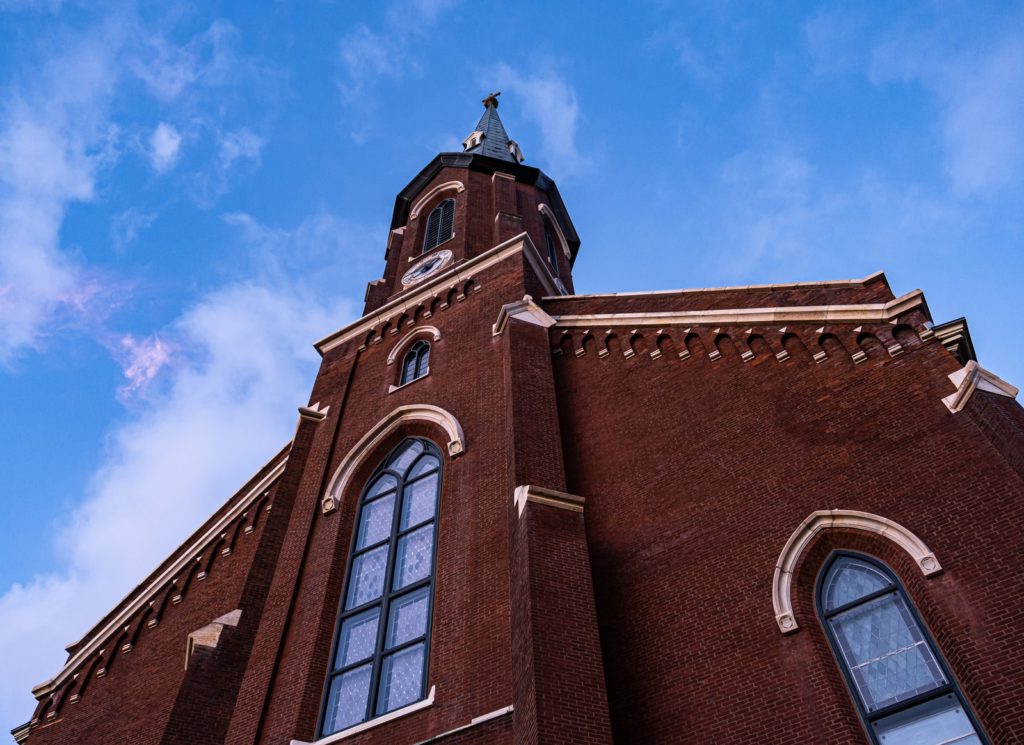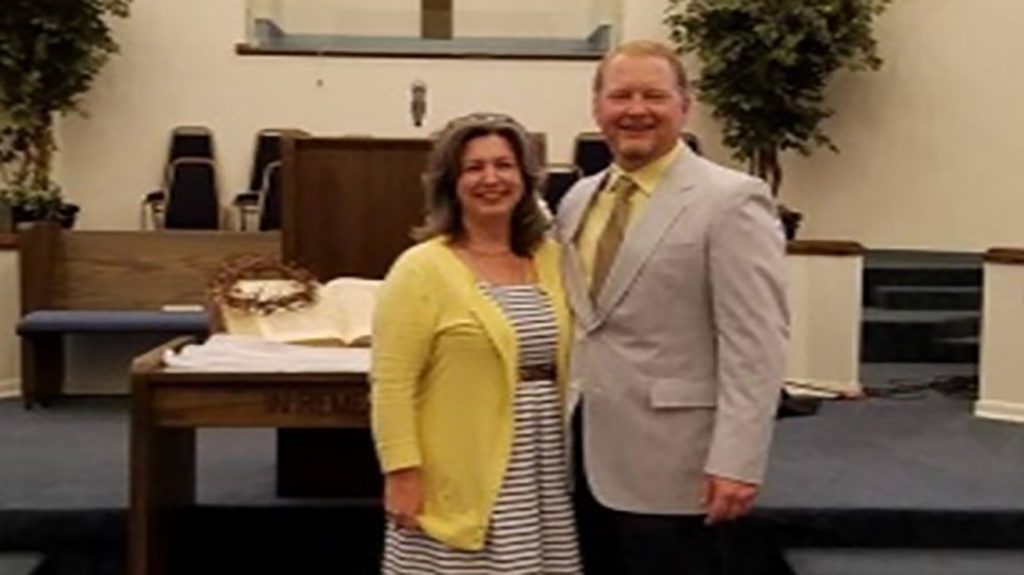A recent sex scandal involving two north Texas pastors and the women who accused them of molestation is unusual because the victims — by now beyond the statute of limitations for sex-abuse cases — urged authorities and media to publish their names in conjunction with the case.
Typically the names of sex-abuse victims are not publicized in an effort to spare the victim more emotional trauma. But Katherine Roush and Debbie Vasquez agreed to be identified in order to call attention to an increasingly prominent issue of clergy sex-abuse cases in Baptist churches.
Larry Reynolds, formerly of Southmont Baptist Church, Denton, Texas, and Dale Amyx of Bolivar Baptist Church, Sanger, Texas, were accused in separate civil lawsuits of molesting Roush and Vasquez, respectively, during counseling sessions when the girls were 14 years old. The abuse continued for several years, according to charges.
Had the women, now adults, reported the molestation at the time of the crime, each man could have faced first-degree felony charges. In juvenile cases, victims can report a crime until 10 years after their 18th birthday.
Instead of the possible life sentence that would have gone with his felony charge, Reynolds issued an apology at a church Thanksgiving banquet as part of a settlement agreement. His suit was settled out of court. Vasquez’s lawsuit has yet to be resolved.
Sex-abuse charges like the ones in north Texas have become increasingly common, with cases in Missouri, Kentucky and Florida making regional and national news. And some experts have said Baptist churches may be particularly vulnerable to this kind of abuse.
Inappropriate behavior by clergy cuts across all denominational ties and theological positions, ethicist Joe Trull said. But he says a case can be made that "nondenominational churches and Baptist churches who have autonomous church government are more vulnerable and susceptible" to instances of sexual abuse.
The editor of Christian Ethics Today, Trull co-wrote "Ministerial Ethics" in 2004 and taught Christian ethics at New Orleans Baptist Theological Seminary.
"Possibly if you looked at the statistics, I think there would be a higher incidence [in nondenominational and Baptist churches] because of a lack of accountability," he said. "[Pastors there] have not been prepared by their denomination. There is still that attitude in seminaries and colleges that prepare these pastors that they’re on their own. It’s that CEO mentality. And the thing that grieves me is that there’s absolutely no sense of how this [misconduct] affects other ministers and churches."
While Presbyterians, Methodists and other Protestant denominations have "spelled-out" obligations for ministerial ethics, Baptist clergy lack a code of ethics to which they can be held accountable.
"In other denominations, [pastors] know that if charges are brought, truth will win out," Trull said. "Doctors and psychologists know if they are caught, they will lose their credentials and there will probably be a malpractice suit. Most Baptists and nondenominational ministers know that ‘If I get caught, I can move to California and start a new church.’"
The increased instances of sex-abuse stories in the news may not necessarily mean it’s happening more than in prior decades. It often means people are simply talking about it more openly, according to some experts. And victims like Roush and Vasquez have encouraged others to come forward with their own stories of abuse.
Studies documenting the trend consistently find that roughly 12 percent of ministers have engaged in sexual intercourse with congregants. The Journal of Pastoral Care reported in a 1993 survey that 14 percent of Southern Baptist senior pastors had engaged in "sexual behavior inappropriate for a minister." In a 1988 study commissioned by Christianity Today, 17 percent of pastors surveyed admitted to having sexual contact with a counselee.
Lee Orth, chairman of the litigation committee at First Baptist Church, Greenwood, Mo., recently helped his church wade through a sex-abuse case of its own. A longtime Presbyterian, Orth said the lack of a clear chain of command in Baptist churches means reports of abuse often go overlooked.
"Any time you don’t have to report to anyone what is going on, the chances for abuse are going to occur," Orth said.
Pastors must be exceedingly clear in understanding whom they’re accountable to and who reports to whom, he said. If more Baptist pastors knew they had to meet regularly with a central body or an accountability board, they would be less likely to commit the abuse.
"I really think that the autonomy is part of the problem," he said. "I think there is too much that is put into the hands of the preacher. What you’ve got is a lot of little popes sitting out there, and they’re infallible, and they know what the word is. It’s almost like little kings, little fiefdoms."
What needs to be done, others stress, is to educate seminarians, enlighten congregations, establish codes of conduct and publish complete lists of pastors guilty of sexual infractions — no small task for autonomous Baptist churches.
Christa Brown, an attorney from Austin, Texas, insists that Baptist leaders would not let autonomy delay action if they truly cared about protecting children from abuse. Brown works with the Survivors Network of those Abused by Priests (SNAP), an organization of clergy sexual-abuse survivors. She maintains www.stopbaptistpredators.org and has asked the Baptist General Convention of Texas (BGCT) to hire independent experts to investigate sexual-abuse cases within the convention. SNAP volunteers have also petitioned BGCT leaders to publish a confidential file that lists clergy members guilty of inappropriate sexual behavior.
If a Baptist minister is convicted of an indecency or confesses to one, church leaders can report the act. Other churches can have access to the file if they submit an official request. But the information is not published.
BGCT leaders say the file is proof they’re doing more than other Baptist groups in trying to stop sexual abuse. Indeed the BGCT is the only Baptist group publicly to acknowledge having such a file.
Trull seconded the call for a list, saying that anyone convicted of sexual abuse or declared guilty by the church should be on a "readily available" list. Even a periodic news bulletin of offenders sent to churches might be in order, he added. "Too often, people opt to do nothing out of fear. I personally think the Baptist convention has got to find some way of making it more accessible, in light of the crucial nature of this problem and the devastating effect on these churches. It is hurting the convention, it is hurting income. [They] have got to do something." (ABP)





Share with others: